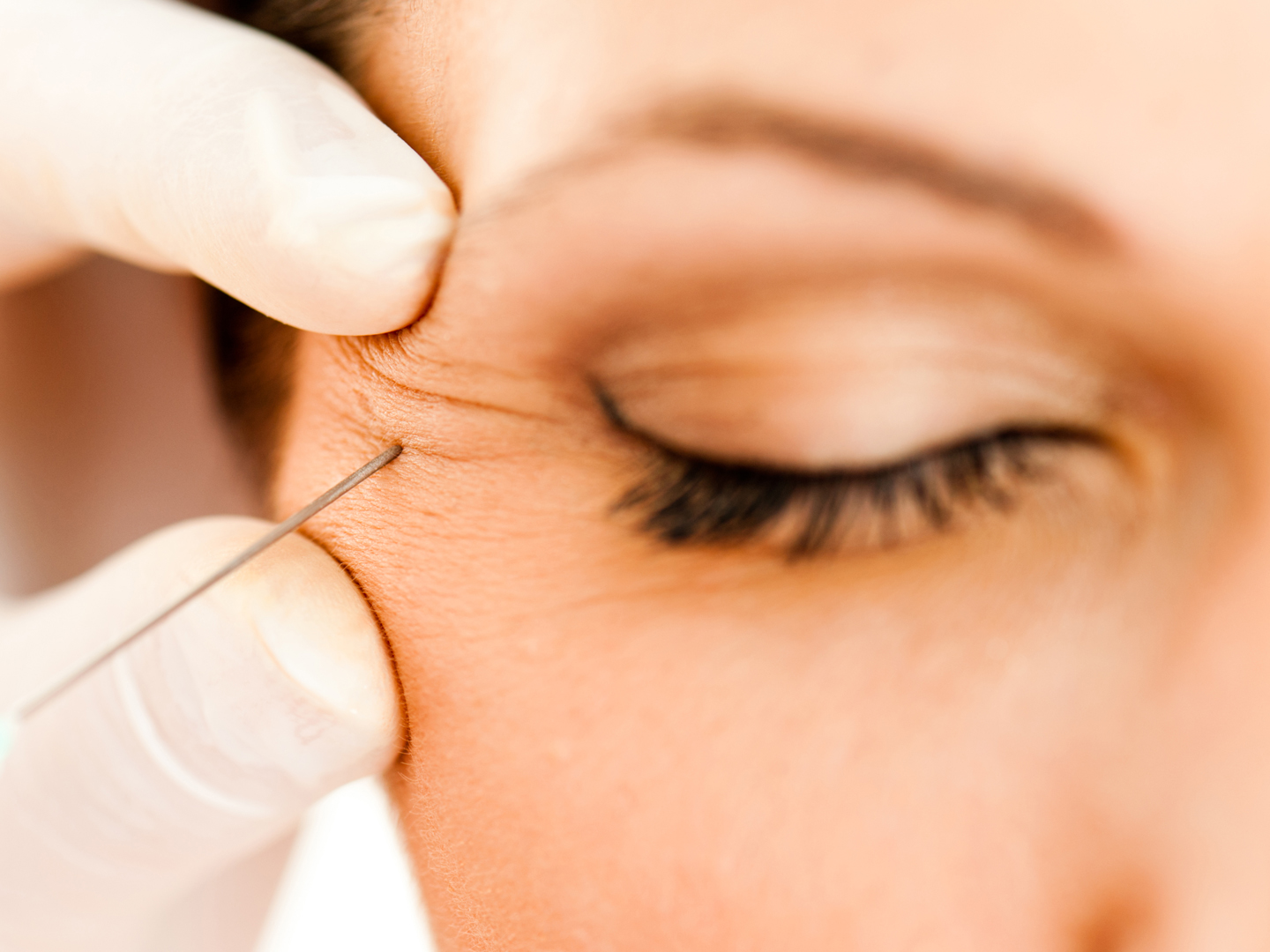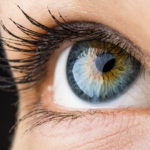Eye Drops For Cataracts?
N-acetylcarnosine (NAC) eye drops are used in Europe to slow or reverse formation of cataracts. NAC is available in this country, but no claims can be made for its effectiveness, so it is listed as an “inactive” ingredient. Is it of any value?
Andrew Weil, M.D. | October 11, 2024

A cataract is a clouding of the lens in the eye that blurs vision, changes the way you see colors (they seem faded) and generally reduces visual acuity. Cataracts usually are age-related and represent accumulated free-radical damage to the protein molecules that form the lens of the eye. Once cataracts form, they tend to grow, clouding larger and larger areas of the lens.
You may be able to avoid them or slow their growth by not smoking, wearing UV protective sunglasses and keeping your blood sugar under control (type 2 diabetes is a leading cause of vision loss). In addition, make sure that your diet includes foods that are rich in the antioxidants lutein and zeaxanthin, carotenoids that can help promote eye health. Good sources are kale, spinach, collard greens, other leafy greens and eggs (choose organic eggs fortified with omega-3 fatty acid, which contains DHA, another nutrient that is good for the eyes). Supplements are available for eye health that provide optimum amounts of lutein and other key antioxidant vitamins and minerals.
The antioxidant glutathione can also help, but it doesn’t come directly from foods – the liver manufacturers it after you consume sulfur or certain amino acids. You can get dietary sulfur from onions, garlic, shallots and capers and can boost your intake with supplements of alpha-lipoic acid (ALA) (250 mg twice a day) and N-acetylcysteine (600 mg twice a day).
N-acetylcarnosine, a dipeptide found in muscle and nerve cells, can help maintain protein integrity in the lens and has been studied in the past using eye-drop formulations for treatment of cataracts. It seems to work well in dogs, but according to Robert Abel Jr., M.D., a Delaware-based ophthalmologist and author of The Eye Care Revolution, (Kensington, 2004) the results of human studies to date have been variable and unpredictable. A 2017 meta-analysis concluded there was no convincing evidence that NAC reverses cataracts or prevents their progression. Future studies using different formulations of NAC may prove more reliable and effective.
In the meantime, if cataracts interfere with your vision and are limiting your usual activities, I recommend considering surgery to replace the clouded lens in your eye with a clear artificial implant. The procedure is very safe, effective, painless, and quick.
Andrew Weil, M.D.
Originally Posted March 2009. Updated October 2024.











